Most Republicans still consider Biden’s victory as illegitimate: poll
A new US poll finds that 71% of Republicans still believe Joe Biden’s victory in the November 2020 presidential election was illegitimate, and 22% of Republicans opined that the election result was “definitely not legitimate.”
The University of Massachusetts Amherst poll, which showed that only 11% of respondents considered Biden's victory "probably illegitimate", revealed that media outlets and Democratic politicians made no progress over the past year in convincing skeptical Americans that President Biden was legitimately elected.
As Americans are deeply polarized on the Capitol riot, 62% of Republicans see the participants as “protesters,” rather than rioters, and 68% of Democrat respondents consider them “insurrectionists” and “white nationalists”.
75% of Democrats blamed Trump for the riot, while a third of Republicans said the Democratic Party had caused the attack.
University of Massachusetts Amherst professors argued that it’s not surprising that Republicans continue to doubt the election’s result as conservative politicians and media outlets still question Biden’s victory.
“Public officials need to shore up faith in how we vote,” Professor Raymond La Raja said. He added that public confidence in the electoral process wouldn’t be restored “until Republicans stop saying the election was stolen.”
The survey also said 86% of Democrats support continuing efforts to investigate and prosecute the perpetrators of the riot, compared with just 29% of Republicans.
62% of Republicans and 37% of respondents overall said then-Vice President Mike Pence should have used his role in certifying the electoral vote to challenge Biden’s victory.
“We continue to see Republicans and Democrats living in diametrically opposed realities,” Professor Alexander Theodoridis said, blaming “persistent and baseless claims by the former president and his sycophants.”
The poll noted that the deepening doubt over legitimacy of Biden’s victory wouldn’t be a winning strategy for Republicans in the 2022 midterm elections.
Only 23% of independents said they would be more likely to vote – versus 38% who would be less likely – for a candidate who made such claims.

Trump fires top US general in unprecedented purge of military leadership
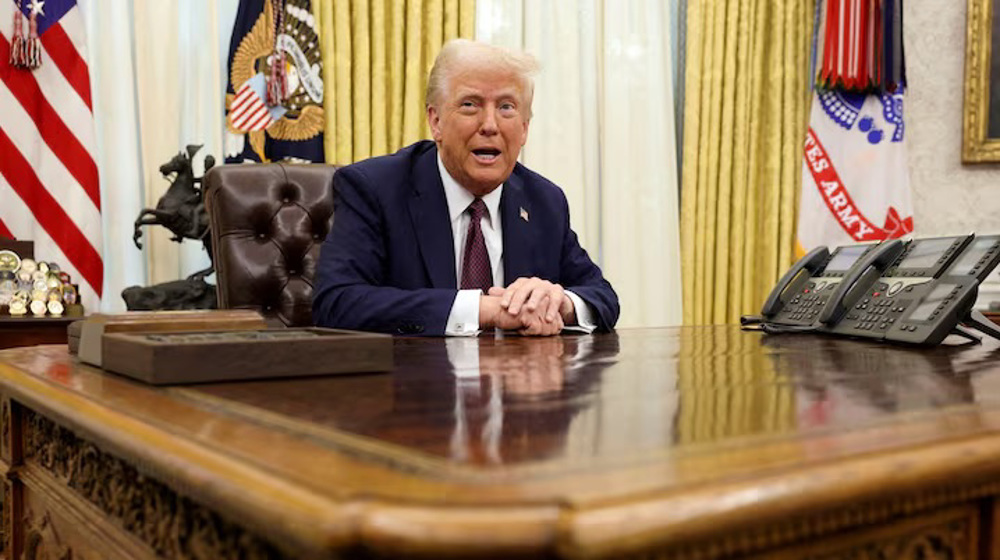
AP sues three US officials over barred access to presidential events

‘No legal prohibition’ on sale of Shahed drone: Iran’s UN mission
VIDEO | Gazans striving to survive with bare hands
'Shocking attack on free expression': Canadian politician slams arrest of pro-Palestine activist
West Bank Palestinians fear Gaza style destruction as Israel escalates raids
Hamas: Ibrahimi Mosque massacre testament to Israel’s criminal policy
Trump eyes Ukrainian rare earth minerals in exchange for military support to Kiev
Six Gaza children, including newborn girl, die of cold weather as Israel blocks aid
Iran rules out nuclear talks with US amid ‘maximum pressure’ campaign
Israeli tanks roll into West Bank first time in 20 years as prelude to forcible annexation


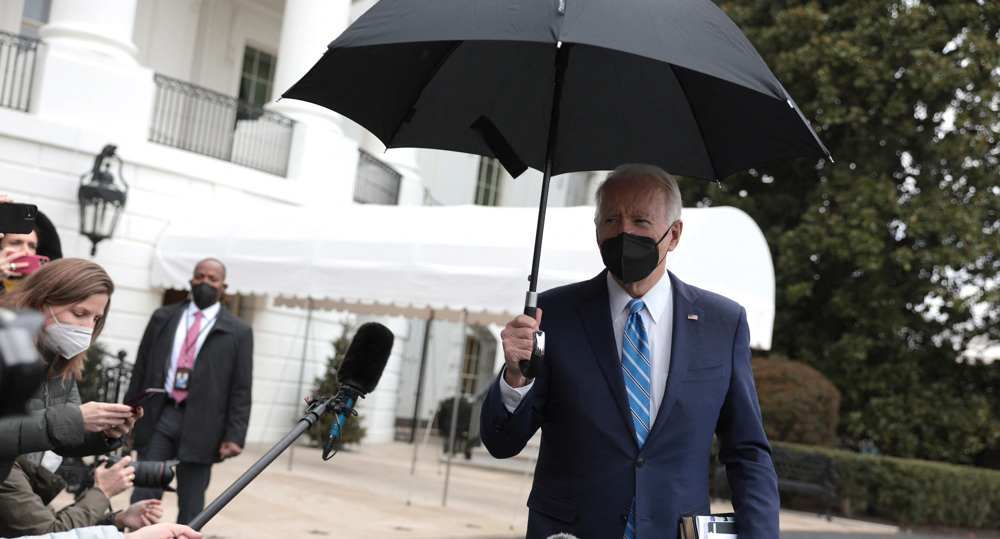



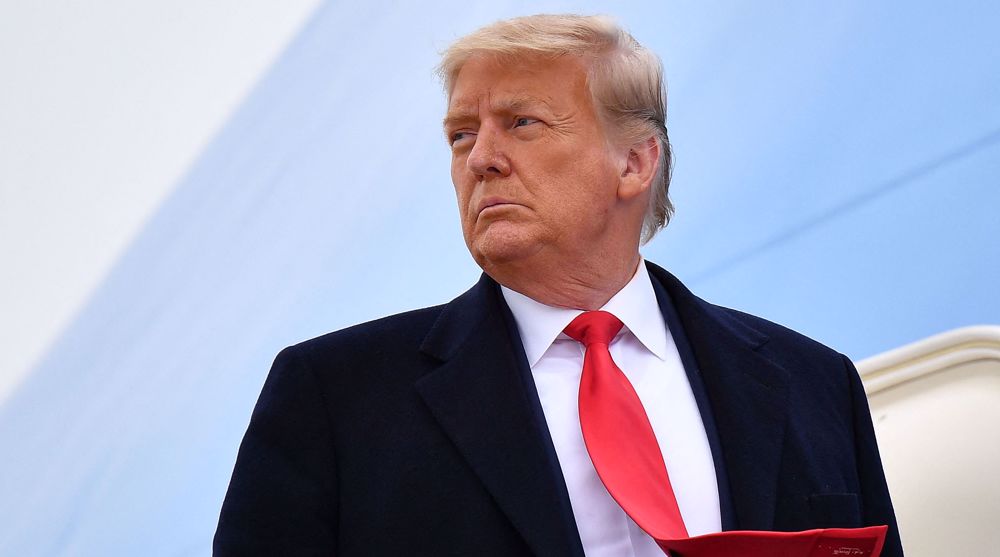
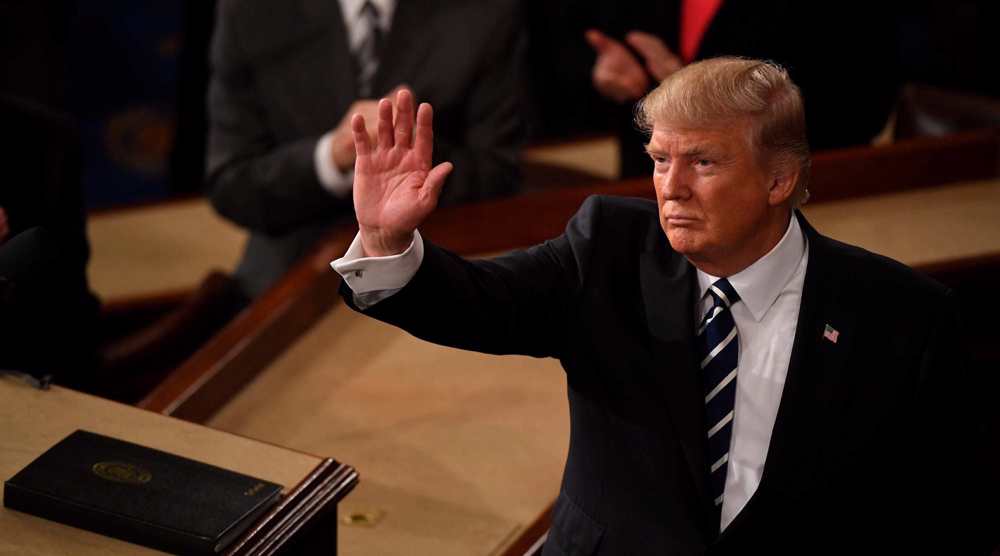
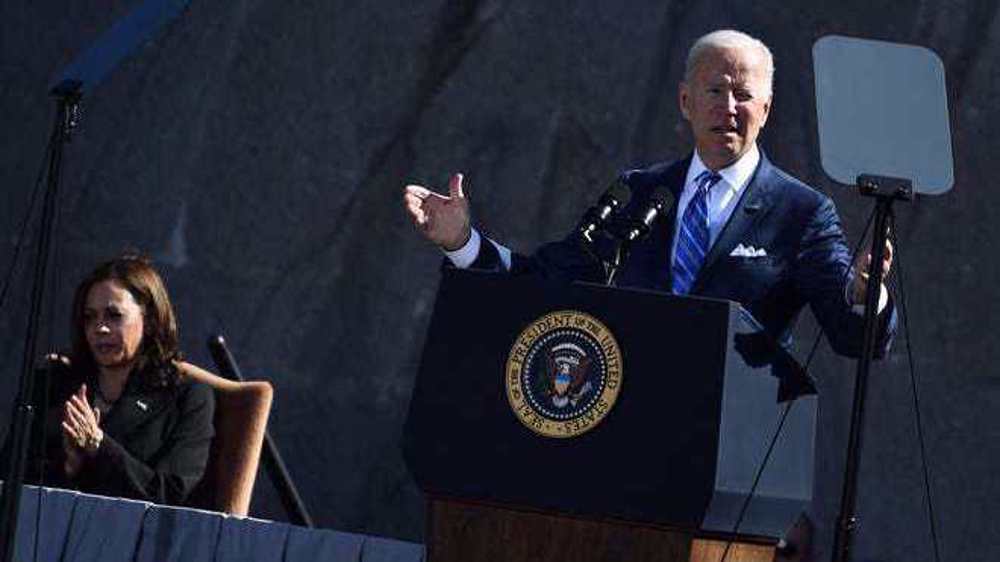

 This makes it easy to access the Press TV website
This makes it easy to access the Press TV website